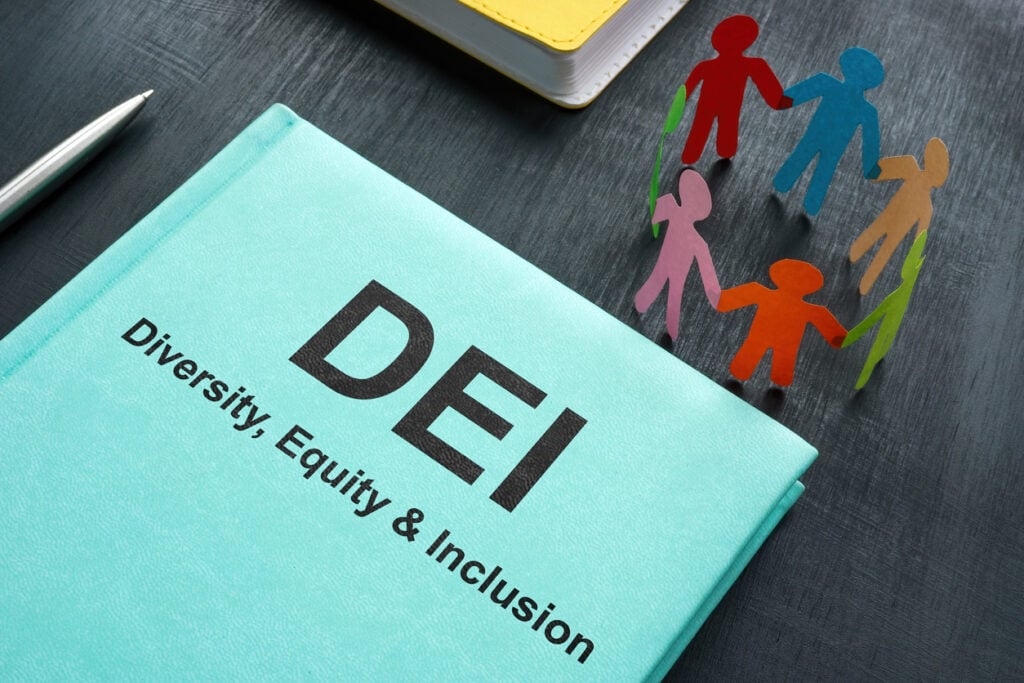

Supreme Court To Decide Whether Religious Orginazations May Be Exempt From Discrimination Lawsuits

 Within the next month or two, the U.S. Supreme Court is set to decide to what extent religious organizations may be exempt from discrimination lawsuits filed by employees. The court is considering two cases involving teachers at two Catholic schools in California. Both teachers filed wrongful termination and bias lawsuits. Generally, courts have ruled that the First Amendment prohibits anti-bias lawsuits against religious organizations for hiring or firing employees. However, some argue that all employers, regardless of their religious affiliation, should be subject to discrimination lawsuits if they have committed a violation under the law.
Within the next month or two, the U.S. Supreme Court is set to decide to what extent religious organizations may be exempt from discrimination lawsuits filed by employees. The court is considering two cases involving teachers at two Catholic schools in California. Both teachers filed wrongful termination and bias lawsuits. Generally, courts have ruled that the First Amendment prohibits anti-bias lawsuits against religious organizations for hiring or firing employees. However, some argue that all employers, regardless of their religious affiliation, should be subject to discrimination lawsuits if they have committed a violation under the law.
Catholic School Teachers Take Discrimination Cases To Supreme Court
One teacher sued her employer for age discrimination and wrongful termination. Another teacher sued the Catholic school for disability discrimination when she was diagnosed with cancer. The lower court blocked the lawsuits because it ruled that teachers were “ministerial employees,” who the law prohibits from suing an employer for discrimination. Whether or not someone is considered a ministerial employee depends on several factors that the court weighs. For example, the court may consider an employee’s title, the training a title suggests, or the religious functions an employee performs.
Arguments For the Exemption of Religious Organizations
The attorneys representing the Catholic schools argue that both teachers played a crucial role in the religious education of students. Both teachers taught religion classes, integrated Catholic values into every course, prayed with students daily, and attended Mass with students. With these religious aspects of their employment, the attorneys argue that the teachers should fall under the ministerial exception. Therefore, they would not be allowed to file discrimination lawsuits against their former employer. The attorneys for the Catholic school argue that religious organizations should have the freedom to hire and fire ministerial employees at their discretion without interference from courts. Religious organizations prioritize this freedom because of the important role that these employees play in religious education. Additionally, the Catholic schools argued that they terminated the teachers for performance reasons.
Why Others Want To Remove The Exemption for Religious Organizations
Those who do not think religious organizations should be exempt from discrimination lawsuits argue that all organizations should be subject to anti-discrimination laws. Proponents of changing the exception say that all employees should be able to assert their rights in court if they are discriminated against in the workplace. Additional conflicts regarding this issue may arise if the courts change this exception. For example, should a religious employer be able to fire an employee because he or she identifies as LGBT? Where do you think we should draw the line between employer freedom and employee protection?
Seek Legal Assistance Today
If you have experienced discrimination in the workplace, seek legal assistance today. The Working Solutions Law Firm, located in New York City, can assist you. Contact us today at (646) 430-7930 to schedule a free case evaluation and receive experienced legal counsel.


